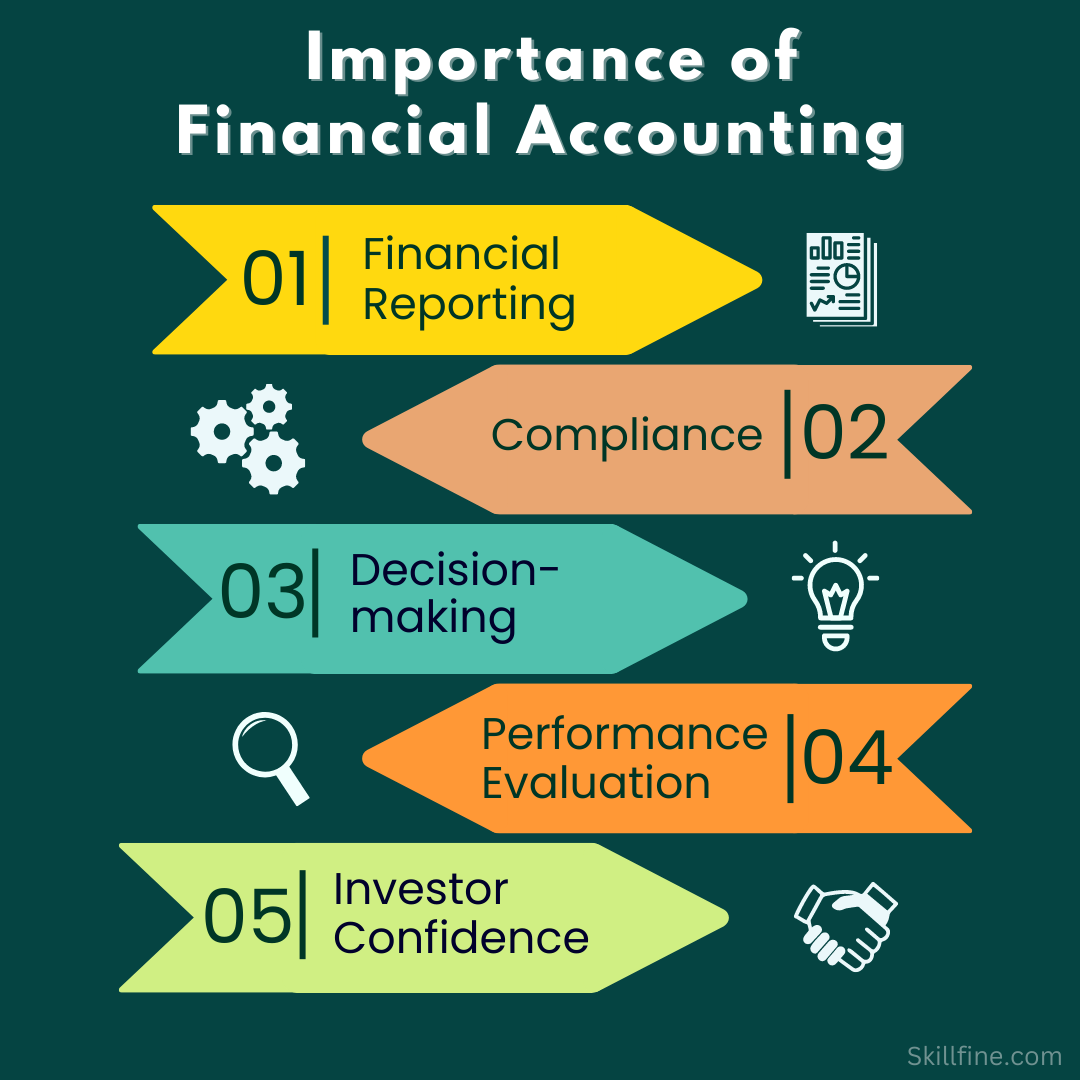Managing one’s personal finances is a crucial aspect of life that requires careful planning, organization, and accounting. Accounting for personal finance involves tracking and recording financial transactions, preparing budgets, and making informed decisions about investments and expenses. In this article, we will explore the importance of accounting for personal finance, the benefits it provides, and the steps individuals can take to effectively manage their financial affairs.

Why is Accounting for Personal Finance Important?
Accounting for personal finance is essential for several reasons. Firstly, it helps individuals keep track of their income and expenses, allowing them to identify areas where they can cut back on unnecessary spending and allocate their resources more efficiently. This, in turn, enables them to make informed decisions about their financial priorities and goals. Secondly, accounting for personal finance helps individuals prepare for the future by creating a safety net of savings and investments. This can provide peace of mind and financial security in the event of unexpected expenses or financial setbacks.
Benefits of Accounting for Personal Finance
There are numerous benefits to accounting for personal finance. Some of the most significant advantages include:
- Improved Financial Management: Accounting for personal finance helps individuals manage their finances more effectively, reducing the risk of financial difficulties and stress.
- Increased Savings: By tracking income and expenses, individuals can identify areas where they can cut back on unnecessary spending and allocate their resources more efficiently, leading to increased savings.
- Better Investment Decisions: Accounting for personal finance provides individuals with a clear understanding of their financial situation, enabling them to make informed decisions about investments and financial planning.
- Reduced Debt: By keeping track of expenses and income, individuals can identify areas where they can reduce debt and create a plan to pay off outstanding balances.
- Improved Credit Score: Accounting for personal finance helps individuals maintain a good credit score by ensuring they pay bills on time and manage debt effectively.
Steps to Effective Accounting for Personal Finance
To effectively manage their financial affairs, individuals can take the following steps:
- Create a Budget: Start by creating a budget that outlines projected income and expenses. This will help individuals identify areas where they can cut back on unnecessary spending and allocate their resources more efficiently.
- Track Expenses: Keep track of all expenses, including small purchases and subscriptions. This will help individuals identify areas where they can reduce spending and create a more accurate picture of their financial situation.
- Use Accounting Software: Utilize accounting software or apps to streamline financial record-keeping and make it easier to track income and expenses.
- Prepare for Taxes: Keep accurate records of income and expenses to ensure accurate tax returns and take advantage of available deductions and credits.
- Review and Adjust: Regularly review financial records and adjust the budget as needed to ensure it remains accurate and effective.
Common Accounting Terms for Personal Finance
To effectively manage their financial affairs, individuals should be familiar with common accounting terms, including:
- Assets: Items of value owned by an individual, such as cash, investments, and property.
- Liabilities: Debts or obligations owed by an individual, such as credit card balances and loans.
- Equity: The difference between assets and liabilities, representing an individual’s net worth.
- Income: Money earned from employment, investments, or other sources.
- Expenses: Money spent on goods, services, and other items.
Tips for Effective Accounting for Personal Finance
To get the most out of accounting for personal finance, individuals can follow these tips:
- Be Accurate: Ensure all financial records are accurate and up-to-date.
- Be Consistent: Regularly review and update financial records to ensure they remain accurate and effective.
- Be Patient: Accounting for personal finance is an ongoing process that requires patience and dedication.
- Seek Professional Advice: If needed, seek the advice of a financial advisor or accountant to ensure financial records are accurate and effective.
Frequently Asked Questions (FAQs)
- What is the best way to track expenses?
The best way to track expenses is to use a combination of methods, including accounting software, spreadsheets, and manual record-keeping. - How often should I review my budget?
It’s recommended to review your budget regularly, ideally monthly or quarterly, to ensure it remains accurate and effective. - What is the difference between assets and liabilities?
Assets are items of value owned by an individual, while liabilities are debts or obligations owed by an individual. - How can I improve my credit score?
To improve your credit score, ensure you pay bills on time, manage debt effectively, and maintain a good credit history. - What is the best accounting software for personal finance?
The best accounting software for personal finance will depend on individual needs and preferences. Popular options include QuickBooks, Mint, and Personal Capital.
Conclusion
Accounting for personal finance is a crucial aspect of managing one’s financial affairs. By tracking income and expenses, preparing budgets, and making informed decisions about investments and expenses, individuals can take control of their financial situation and achieve their financial goals. By following the steps outlined in this article and seeking professional advice when needed, individuals can ensure their financial records are accurate and effective, leading to improved financial management, increased savings, and a more secure financial future. Remember, accounting for personal finance is an ongoing process that requires patience, dedication, and attention to detail. By taking the time to manage your financial affairs effectively, you can achieve financial stability and security, and enjoy peace of mind knowing that your financial future is secure.
Closure
Thus, we hope this article has provided valuable insights into The Importance of Accounting for Personal Finance. We thank you for taking the time to read this article. See you in our next article!